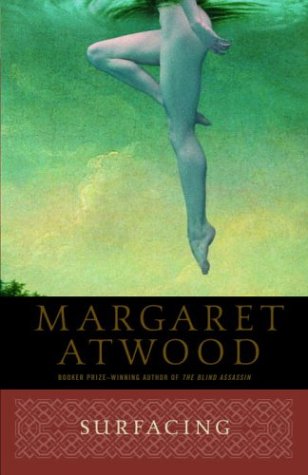Episode 9. Last Night (1998): Finding the Self in the Canadian Apocalypse
http://media.blubrry.com/skiffyandfanty/dts.podtrac.com/redirect.mp3/archive.org/download/TotallyPretentiousEpisode009LastNight/TotallyPretentiousEpisode009–LastNight.mp3Podcast: Play in new window | DownloadSubscribe: Apple Podcasts | Spotify | Android | iHeartRadio | Podchaser | Podcast Index | Email | TuneIn | Deezer | RSSLast Night and finding the self in the Canadian apocalypse. In our 9th episode, we talk about what we’ve been up to for the past month and dive into Don McKellar’s celebrated apocalypse film, Last Night. Given that David is a Canadian and Shaun is an American, we take a look at the film’s Canadianisms, discuss its exploration of character and the meaning of “the self” in the moments before apocalypse, and much more! We’re also still working on our Subscriber Drive so we can add a second regular episode to the show. Help us spread the word! Enjoy!
246. Canadian SF at LonCon3 — #WorldSFTour

http://media.blubrry.com/skiffyandfanty/dts.podtrac.com/redirect.mp3/archive.org/download/SandFEpisode246CanadianSFAtLonCon3/SandF%20–%20Episode%20246%20–%20Canadian%20SF%20at%20LonCon3.mp3Podcast: Play in new window | DownloadSubscribe: Apple Podcasts | Spotify | Android | iHeartRadio | Podchaser | Podcast Index | Email | TuneIn | Deezer | RSSSpace hockey, Martian curling, and Quebec, oh my! Recorded at LonCon3 / Worldcon, this panel on Canadian SF features the voices of Eric Choi, Kate Heartfield, Ira Nayman, Hayden Trenholm, Caitlin Sweet, and Marjolaine Lafreniere. They tackle Canadian publishing, the history of Canadian SF, thematic differences, and more. We hope you enjoy the episode! Note: If you have iTunes and like this show, please give us a review on our iTunes page, or feel free to email us with your thoughts about the show! Here’s the episode (show notes are below): Episode 246 — Download (MP3) Show Notes:
232. Eric Orchard (a.k.a. Prince Spider-Goblin) — Maddy Kettle (An Interview)

http://media.blubrry.com/skiffyandfanty/dts.podtrac.com/redirect.mp3/archive.org/download/SandFEpisode232AnInterviewWEricOrchard/SandF%20–%20Episode%20232%20–%20An%20Interview%20w%20Eric%20Orchard.mp3Podcast: Play in new window | DownloadSubscribe: Apple Podcasts | Spotify | Android | iHeartRadio | Podchaser | Podcast Index | Email | TuneIn | Deezer | RSSFlying bears, spider-goblins, and magic, oh my! Graphic novelist Eric Orchard joins Shaun and Mike to talk about his newest graphic novel, Maddy Kettle: The Adventure of the Thimblewitch. We discuss writing for young readers, the comics market, illustration and myth, and much more! We hope you enjoy the episode! Note: If you have iTunes and like this show, please give us a review on our iTunes page, or feel free to email us with your thoughts about the show! Here’s the episode (show notes are below): Episode 232 — Download (MP3) Show Notes: Eric’s Website Eric’s Twitter Eric’s Tumblr Eric’s Store Maddy Kettle: The Adventure of the Thimblewitch (Top Shelf Productions) Our new intro music is “Time Flux” by Revolution Void (CC BY 3.0). That’s all, folks! Thanks for listening. See you next week.
Book Review: Surfacing by Margaret Atwood

This semester, I’m teaching a course on American literature which seeks to challenge what that term actually means and how we can define “American Lit” as something which is multi-national, multi-cultural, and infinitely larger. After all, we live in the Americas; technically speaking, Canadians are Americans in this sense of the term. That’s why I’m here talking about Surfacing by Margaret Atwood and not As I Lay Dying by William Faulkner. Though only loosely fantastic, Atwoods Surfacing is a complex, character-driven feminist tale about relationships, patriarchy, nationalism, and the human psyche. It follows an unnamed narrator who returns with her friends to her childhood home to search for her missing father, who she assumes has either died or run off into the woods. As she tries to piece together her father’s last days from the clues left in his cabin, she is confronted with her friends’ abusive marriage, her recent and distant past, and the crippling expectations of post-WW2 society (and the changes brought on by the Quiet Revolution in 1960s Quebec). Though not intended as horror, Surfacing explores its themes with a sense of impending terror, such that the final moments, which I won’t discuss in any detail here, are profoundly fantastic, with the character drama forming the root of an exploding, terror-driven tree.

